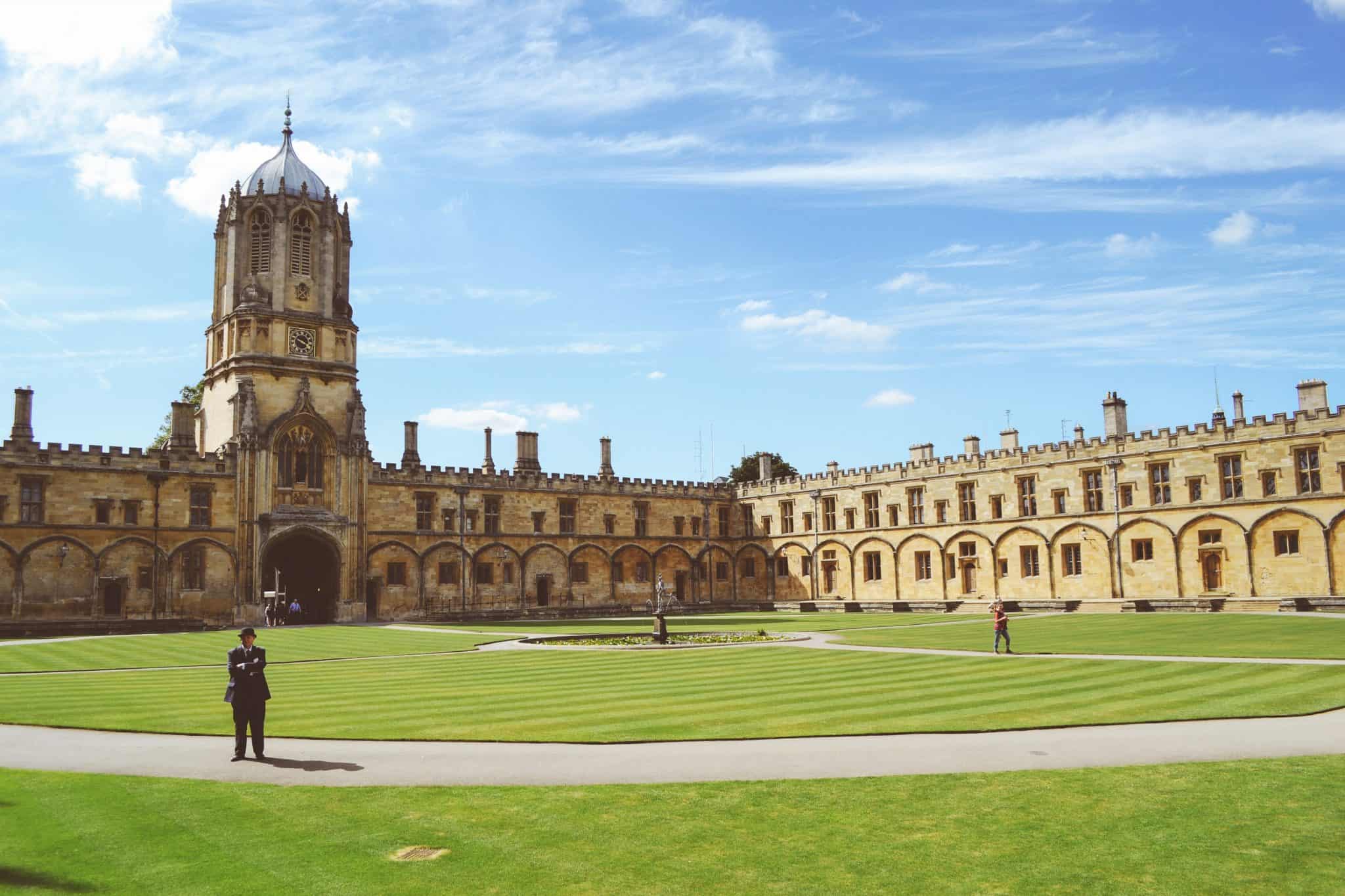
The £150bn Investment Wave Creating Jobs and Wealth (And How To Get Ahead)
23 September 2025 4 min read


Ibrahim Khan
Co-founder
9 min read
Last updated on:
People want to pay off their student loan quickly for a bunch of reasons:
Point (1) is true, and point (2) is primarily an emotional argument that only has any basis if (3) is true. In this article we explore whether (3) is true.
In order to do that we need to decide two things:
Let’s get into it! (Plus a link to an exclusive “How to Purify Your Wealth” Guide at the end)
There are a few arguments made by people who argue a student loan is not haram:
(1) used to be true but no longer is as the student loan company in England & Wales now charges above-inflation interest rates.
(2) is potentially a good argument, but only if it really is a necessity. And by that I mean you have properly tried to avoid student loans by taking the following 6 steps (as outlined in a recent video we did):
So that leaves argument (3). Our respectful view is that this is not a good argument.
There are a few factors given for why a student loan is not a traditional loan in the fiqhi sense:
There are compelling argument for why this could be viewed as an intergenerational grant mechanism subsidised by the government. Some prominent scholars take this position. For example, Shaykh Haitham gives his view here (see also this written summary of the position).
However in our view, a student loan is a loan. There are enough qualities of a loan here to make it such:
The wider implications of saying a student loan is not a loan are also very worrying. You open up the doors to a whole bunch of clever structuring in the City, and soon every “loan” is not really a loan.
As a lawyer, if you tell me that not taking possession over an interest-bearing loan is a work-around to the haram activity of consuming an interest-bearing loan, my imagination will start racing and I’ll give you a bunch of interesting structures that you can use to work around interest – but in reality still avail of an interest-bearing loan.
We respectfully disagree with analogizing between a student loan and a mudarabah contract (see simple explanation here) as well. While it might seem prima facie intuitive that the Student Loan Company are entering into a partnership with you and hoping you’ll succeed, and if you do, they’ll take a 9% portion of your profits for 30 years, there are important differences. Firstly, the total amount you pay is not fixed only to your salary. The total amount you pay is fixed to the compounding interest-bearing loan that is still owed. Secondly, you can pay in lump-sum and reduce the overall loan you will ultimately pay. Thirdly, the Student Loan Company don’t see it this way. For them this is a loan.
So our view (and that of a few scholars we have discussed this point with) is that student loans are haram, but, if you have mitigated as much as you can, and you really need to go to university and it will be genuinely worthwhile for you, a student loan may be seen as a necessity and availed of. Here is a good scholarly video on the topic too.
The Qur’an states: O ye who believe! Fear Allah, and give up what remains of your demand for usury, if ye are indeed believers. (2:278)
So if you’re actually earning the interest in a transaction, you should of course stop taking the interest ASAP once you realise it is haram. However, if you’re giving it, you can’t decide that, as the contract you entered doesn’t give you that optionality. So you have the choice of either paying the interest in the instalments set out in the contract, or you can accelerate the payments as much as you can to get out of the haram arrangement.
The question is – is the point of doing the haram the point you took out the loan, or is there an ongoing haram that is going on throughout the duration you are paying the interest back?
The argument for seeing the haram as a “snapshot” action is that the actual act of you agreeing to the loan agreement was the thing that bound you to all other actions. It is that which is haram, and so everything else is neither here nor there, and there is no concept of “continuing haram”.
However, further to discussion with scholars, ultimately we think it is recommended to be pay back your student loan ASAP (without putting yourself in excessive hardship) for two reasons:
We think that taking out a student loan is in principle impermissible (especially where you haven’t even considered properly all the other options out there to avoid or mitigate a student loan) but can be availed of using necessity/haajah arguments if you really can’t find a way to pay.
Do also check out the following resources which set out very practically how to avoid student debt:
This article on how a little bit of regular saving can add up to a lot.
If none of those strategies work then that still shouldn’t stop you going to uni and availing of student loan – but you’d be using necessity/haajah argument. So all steps to avoid that should be fully explored.
For commercial reasons we think it may be a sensible idea to pay your student loan back as quickly as you can easily do so, especially if you are a higher earner, as you will eventually end up paying it off, but with a lot of interest if you leave it late.
But more importantly, Islamically, the state of being in an interest-bearing loan transaction is one that should be avoided. It is spiritually damaging to one for as long as one is in that transaction. However, this doesn’t mean that you have to put the repayment of your student loan above all else. What it means is you should make its repayment a priority, but also be pragmatic about living life in a way that’s not overly difficult for you.
And as promised, here is the link to our How to Purify Your Wealth Guide.
As ever, we welcome debate and comment and look forward to hearing your thoughts and experiences on this sensitive but important subject.

23 September 2025 4 min read

13 August 2025 12 min read

01 August 2025 11 min read
Leave a Reply